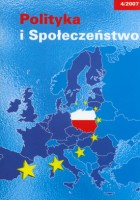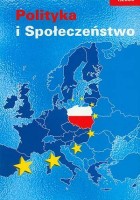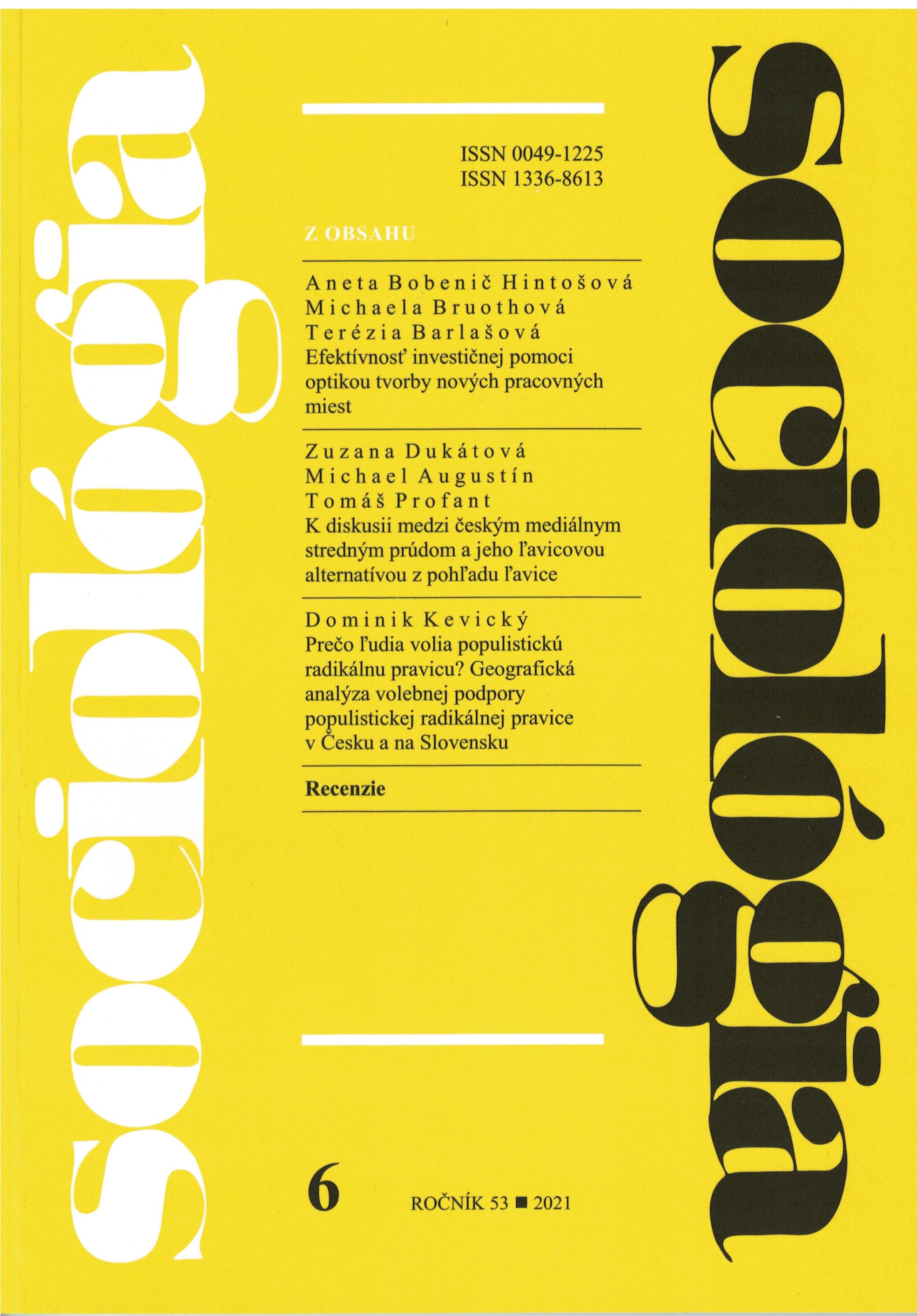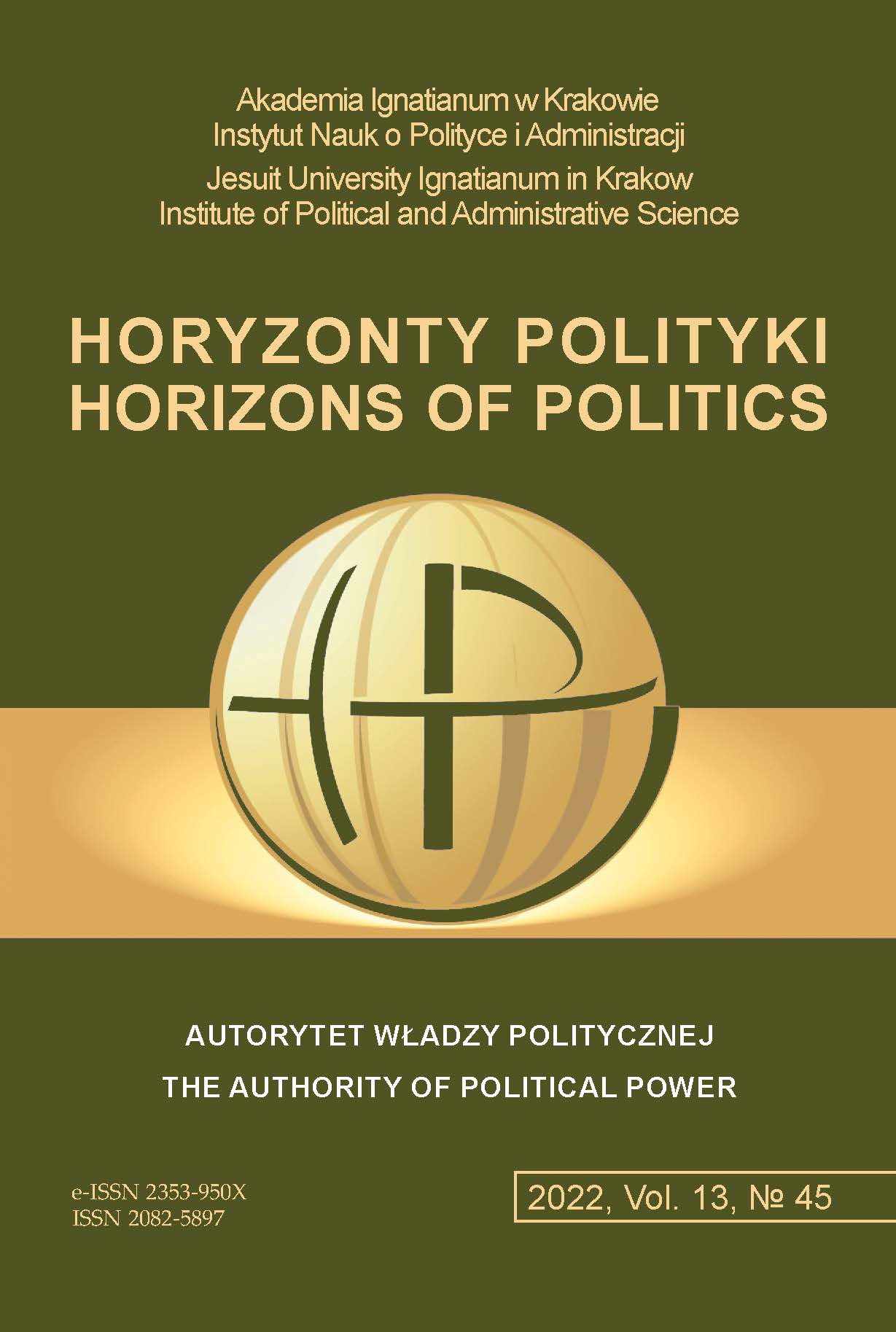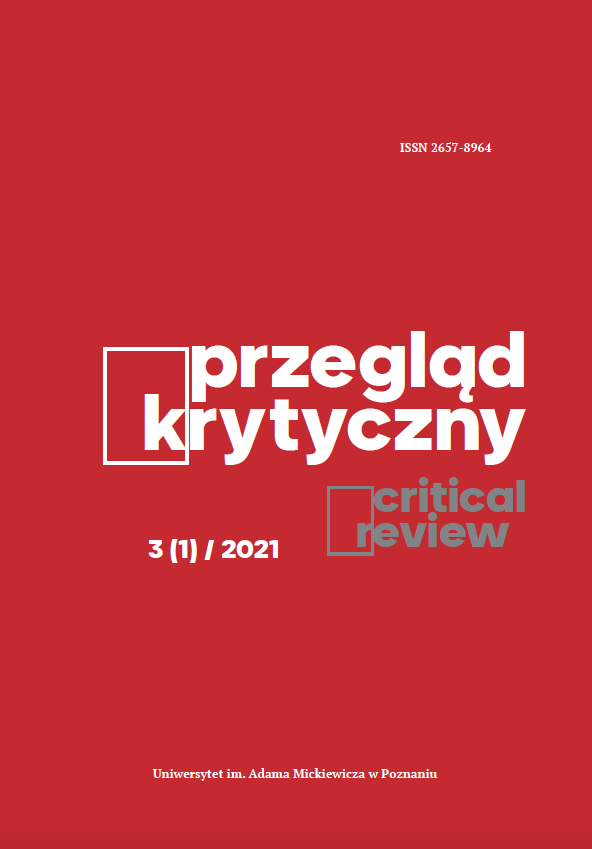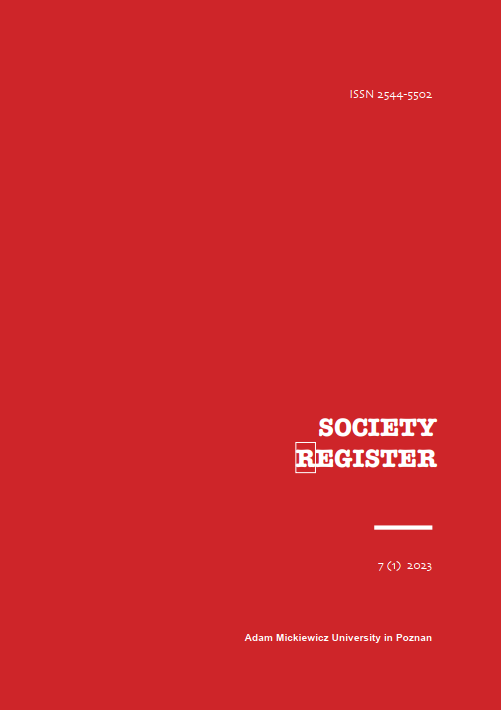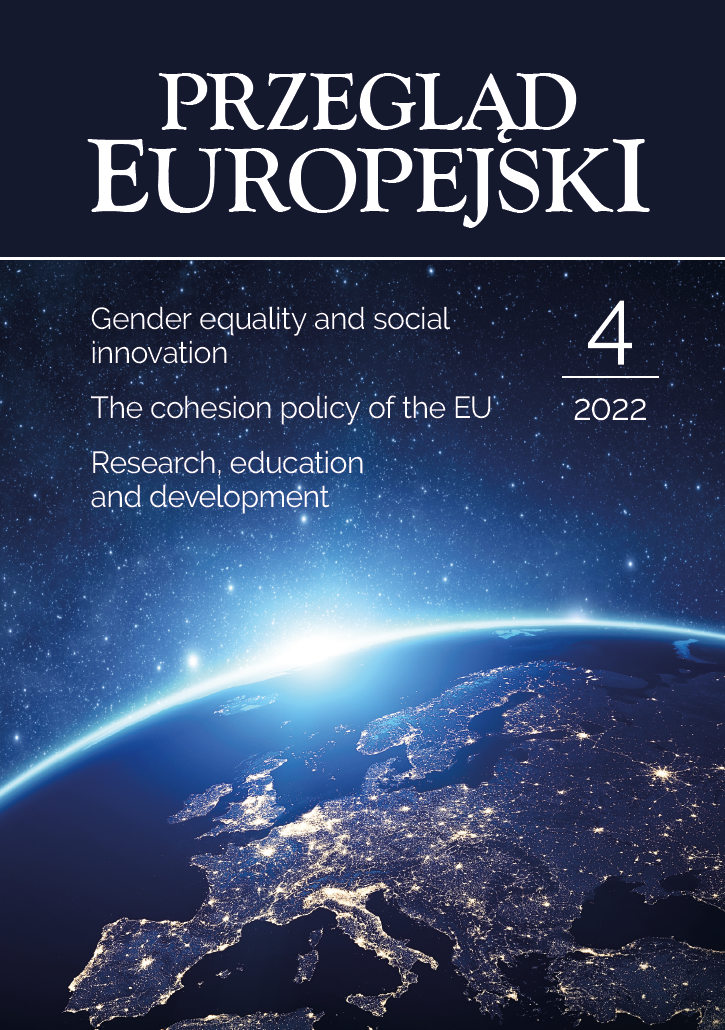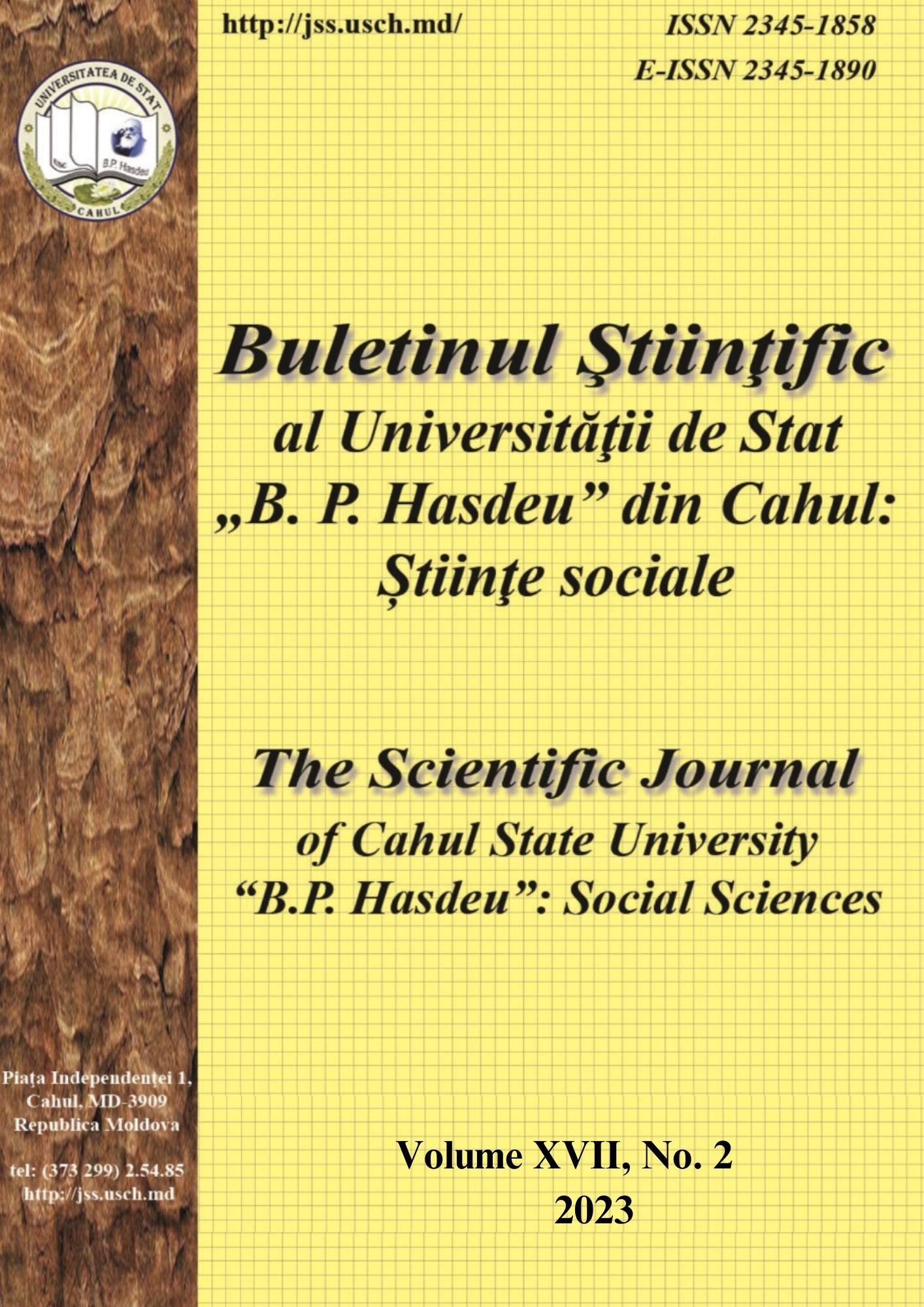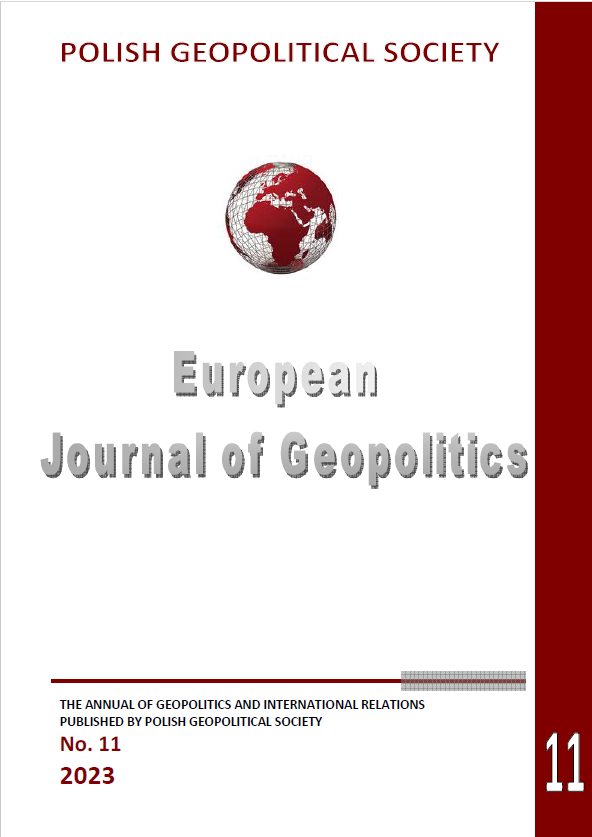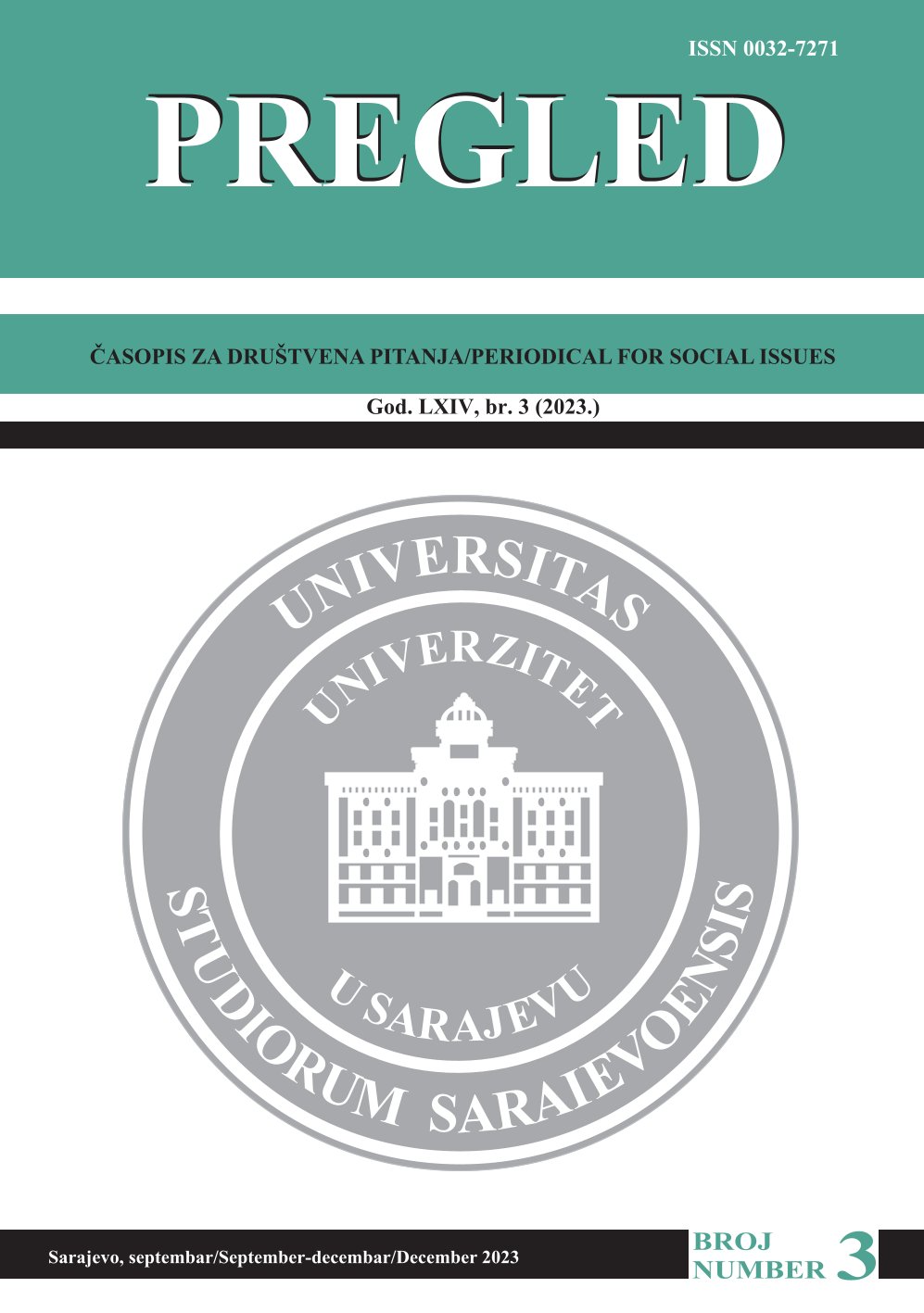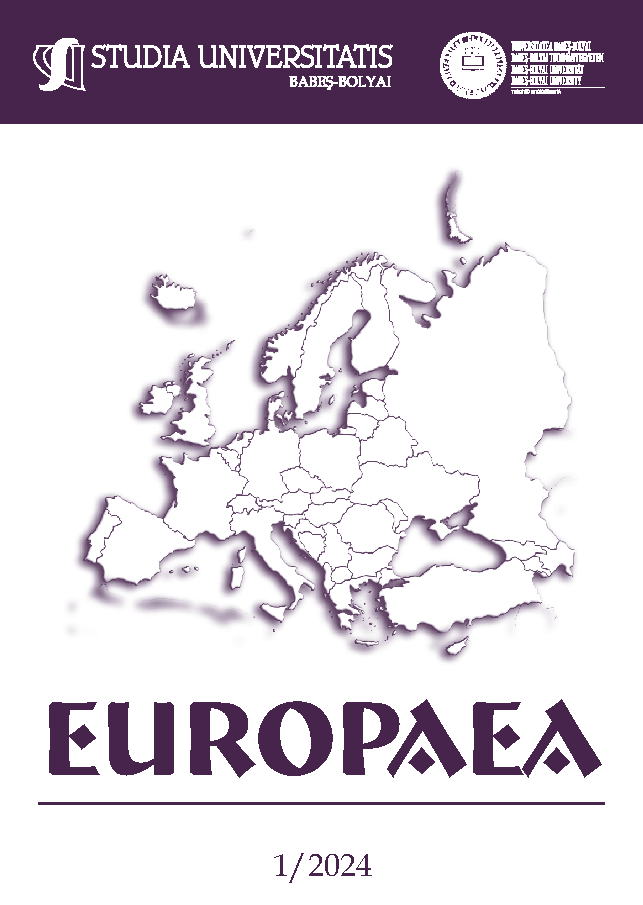Author(s): Gilles LEBRETON / Language(s): French
Issue: 11/2023
Europe has long dominated the world. The international system made up of sovereign States, born with the Treaties of Westphalia of 1648, was forged at a time when it claimed to embody a superior civilization, heir to Greek and Roman contributions. From 1683, its main competitor, the Turkish Empire, declined following its defeat at the Battle of Vienna. The way is therefore open to the expansion of the main European states in Africa and Asia, through the colonization of immense territories in the 19th century, culminating in the Berlin Conference of 1885, known as "the sharing of Africa”. The First World War put an end to this preponderance by highlighting the rise in power of the United States. And after a chaotic interwar period, the Second World War sounded the death knell for its supremacy by accelerating decolonization, and by cutting Europe into two blocs respectively dominated by the United States and the USSR. at this time of existential crisis that Europe, having emerged exhausted from the war, found the resources to try to reinvent itself. Two European organizations were created almost at the same time, with the common objective of restructuring the continent but with different and complementary means: the Council of Europe, created in 1949 with the project of rebuilding European civilization around defense human rights ; and the European Economic Community, founded in 1957 by the Treaty of Rome with the mission of gradually bringing European states closer together through economic integration. These two organizations have fulfilled their mission well. Although they helped to erase the scars of the Second World War, they did not succeed in restoring the past greatness of Europe as much as they would have liked. This observation can certainly be explained in part by causes external to them: with the globalization of economic exchanges, new powers have in fact appeared in the 21st century: the BRICS, a group of five countries which have met regularly since 2011 and which are from four of the five continents (Brazil, Russia, India, China and South Africa). In August 2023, these five countries even agreed to welcome six other states into their group: Iran, Argentina, Egypt, Ethiopia, Saudi Arabia and the United Arab Emirates. A new organization of the world is therefore taking shape, with this announced constitution of a new bloc decided to oppose the two “Western” powers embodied by the United States and the European Union. But this observation of failure can also be explained by internal causes of the two European organizations, whose projects today show an undeniable running out of steam. It is to their analysis that we propose to proceed, by successively reviewing the failures of the European Union (I) and the Council of Europe (II).
More...


